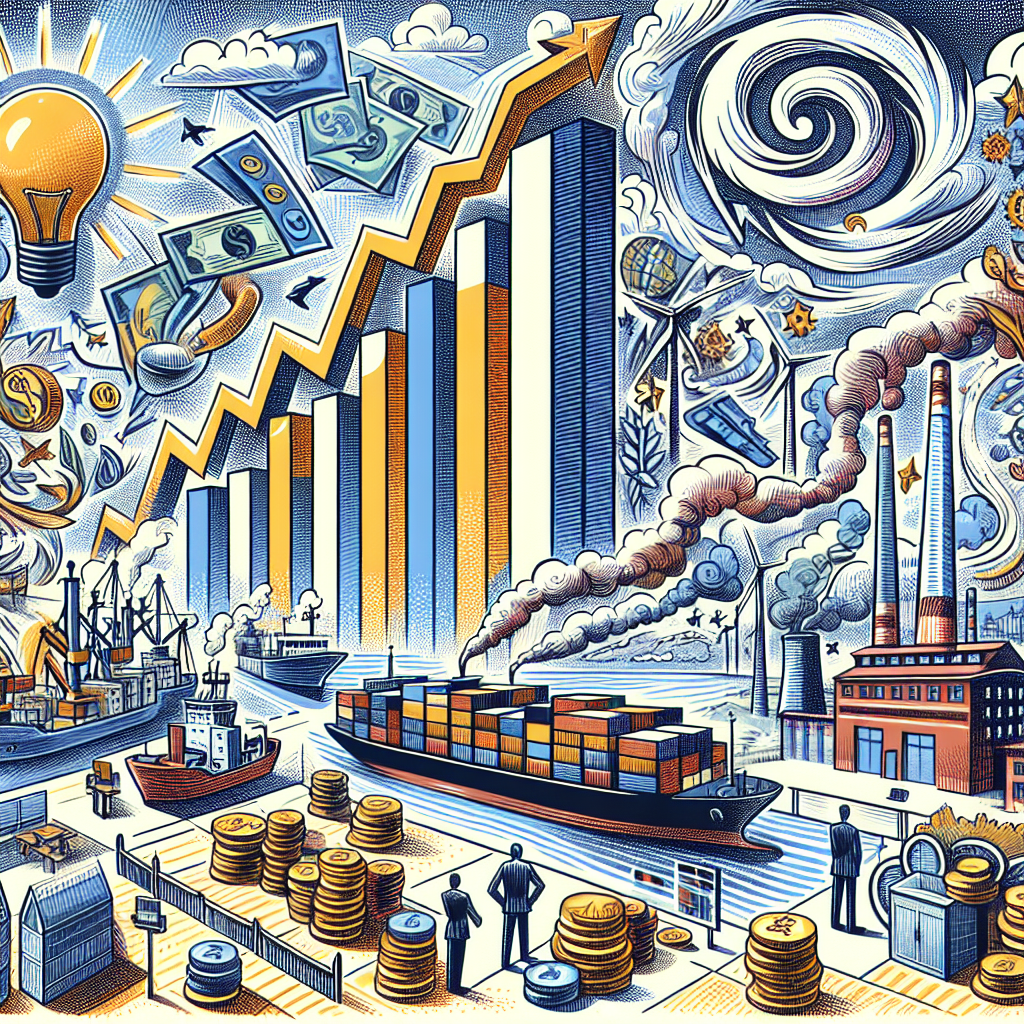Europe's Economic Tightrope: Balancing Trade and Geopolitics
Europe's economy faces challenges between global economic shifts and geopolitical tensions. Balancing trade with the U.S., China, and Russia requires strategic moves. The EU must consider diversifying trade relations and enhancing domestic demand to ensure economic stability amid tariffs and potential supply chain disruptions.

Europe is navigating a delicate economic landscape, straddling between geopolitical tensions and global trade disruptions. The European Union's strategy of absorbing U.S. tariffs might be seen as an effort to maintain alignment with Washington amid security concerns with Russia over Ukraine.
The EU risks taking on more of the U.S.-China trade dispute, especially if China redirects its industrial excess to Europe. With China surpassing the U.S. as Germany's top trade partner, German exports to the U.S. have fallen significantly due to increased tariffs. Simultaneously, imports from China have risen, adding pressure to European markets.
As the EU contemplates imposing tariffs on Chinese goods, its security issues with China and Russia become more complicated, exemplified by the Dutch seizure of chipmaker Nexperia. The broader implication for Europe involves finding a balance between tightening trade policies and enhancing internal economic resilience, calling for a revised focus on trade diversification and domestic demand.
ALSO READ
-
Taiwan VP's Bold European Outreach Amidst Tensions
-
Taiwan's Bold European Outreach: Vice President Hsiao's Diplomatic Visit to Belgium
-
Investor Jitters: Technology Turbulence and Labor Market Woes Shake U.S. Economy
-
European Nations Unite for $2.5 Billion Congo Rainforest Rescue
-
Europe’s Quest for Fair Play: Reshaping Soccer Qualifiers









